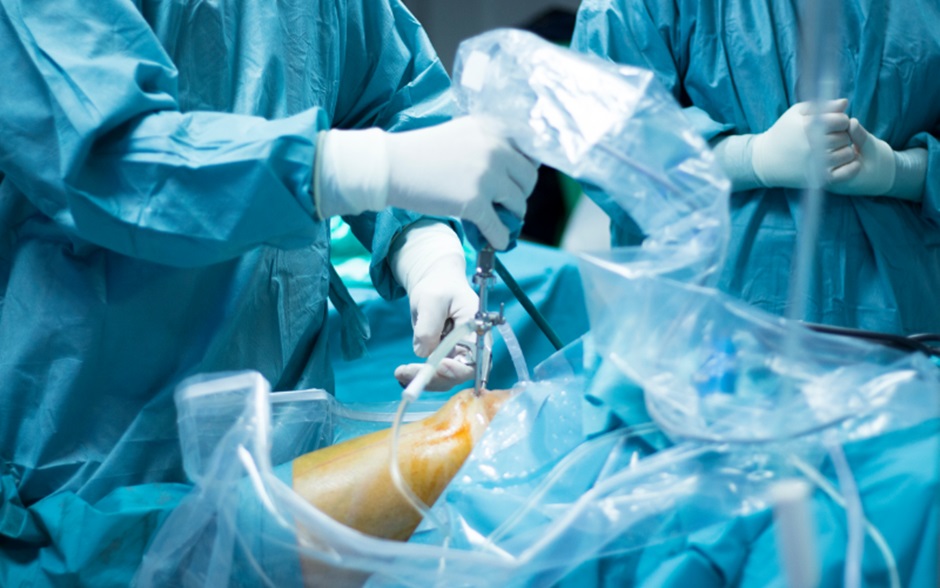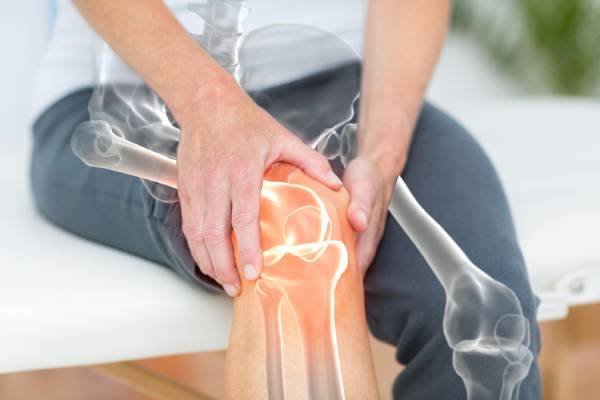
The area of orthopaedics is constantly changing because to developments in technology and treatment modalities. These developments translate into better results and less intrusive procedures for those with degenerative joint disorders, sports-related injuries, and knee injuries. Singaporean and global orthopaedic care will change in several ways by 2024. These new developments will affect how orthopaedic care is provided in the future, whether you’re seeking care for an ACL damage or seeing a sports physician in Singapore.
1. Minimally Invasive Surgery
One of the most significant trends in orthopaedics is the growing reliance on minimally invasive surgical techniques. Traditional surgeries often require large incisions, extended recovery periods, and a higher risk of complications. In contrast, minimally invasive surgeries involve smaller incisions, less damage to surrounding tissue, and quicker recovery times.
ACL reconstruction is an area where this trend is making significant strides. Modern ACL reconstruction techniques now use advanced arthroscopic procedures, which allow for more precise and less invasive surgeries. Patients are likely to experience faster rehabilitation and less discomfort. As technology continues to improve, orthopaedic surgeons are expected to adopt these methods for a broader range of treatments in the coming years.
2. 3D Printing for Customised Implants
The use of 3D printing in orthopaedics has gained traction over the past few years, and its impact is only expected to grow in 2024. With 3D printing, orthopaedic doctors in Singapore can now create customised implants tailored to a patient’s unique anatomy. This innovation allows for better fitting prosthetics, which can improve the outcome of joint replacement surgeries.
For example, knee replacements are becoming more personalised through 3D-printed implants. By tailoring the implant to the patient’s specific knee structure, surgeons can ensure better alignment and functionality. In the future, this could lead to longer-lasting joint replacements and more satisfied patients.
3. Robotic-Assisted Surgery
Robotic technology is no longer a futuristic concept in the field of orthopaedics. Robotic-assisted surgery has already become a valuable tool for orthopaedic surgeons, and its application is expected to grow in 2024. The precision and accuracy that robotic systems provide during surgery help reduce human error and improve patient outcomes.

4. Regenerative Medicine and Stem Cell Therapy
A trend transforming orthopaedic care is the rise of regenerative medicine, particularly stem cell therapy. Instead of relying solely on surgical interventions, regenerative medicine uses the body’s healing capabilities to repair damaged tissue. Stem cell treatments can reduce inflammation, encourage tissue regeneration, and even delay the need for invasive surgery.
5. Wearable Technology for Monitoring Recovery
Another trend expected to grow in 2024 is the integration of wearable technology in orthopaedic care. These devices allow patients and orthopaedic doctors in Singapore to monitor recovery more closely and provide real-time data on joint health, mobility, and overall progress. Wearable technology can track steps, gait, and even knee function, giving patients a more active role in rehabilitation.
6. Improved Rehabilitation Techniques
Physical therapy and rehabilitation are crucial components of recovery after an injury or surgery. In 2024, advancements in rehabilitation techniques will focus on more personalised and technology-driven approaches. Rehabilitation will no longer be one-size-fits-all; instead, it will be tailored to the individual’s needs and condition.
7. Artificial Intelligence in Diagnosis and Treatment Planning
Artificial intelligence (AI) is poised to revolutionise the field of orthopaedics. In 2024, AI will become more widely used in diagnostics, enabling orthopaedic doctors in Singapore to detect issues like arthritis in the knee earlier and more accurately. AI can analyse imaging scans with greater precision, leading to quicker diagnoses and more targeted treatment plans.
The future of orthopaedics is full of exciting developments that will benefit patients in Singapore and beyond. From minimally invasive surgeries to AI-assisted diagnosis, these trends are shaping a new era of care. Patients can look forward to faster recovery times, better outcomes, and personalised treatments that cater to their needs.
For more information about advanced orthopaedic solutions, contact Auspicium Orthopaedic Centre today.

